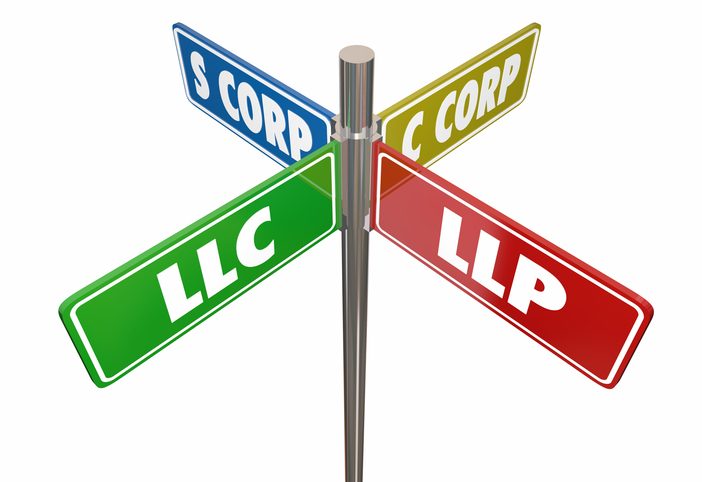S corporations, C corporations and Limited liability companies (LLCs) are all business structures that differ in ownership, taxation, benefits and disadvantages. Ownership C corporation can include unlimited number of shareholders including non-US citizens. S corporations can have up to 100 individual shareholders including LLCs, partnerships, or many trusts. S corporations also can’t have non-U.S. citizens or residents as shareholders. LLCs can have an unlimited number of members, including non-U.S. citizens and… Read More
Small Business Owner
Home related energy credit – Summary of Energy efficient home improvement credit and Residential clean energy property credit
Energy Efficient Home Improvement Credit Residential Clean Energy Property Credit The residential clean energy property credit is a 30-percent credit for certain qualified expenditures made by a taxpayer for residential energy efficient property. The IRS extended the residential clean energy property credit through 2034, modified the applicable credit percentage rates, and added battery storage technology as an eligible expenditure. The credit applies for property placed in service after December 31,… Read More
Claim eligible education credit or refund in your tax return
Do you have children attending a college, post-graduate or vocational school? You may qualify for one of two education credits. Who can claim an education credit? There are additional rules for each credit, but you must meet all three of the following for both: What kinds of credits are available? • The maximum American Opportunity Tax Credit (AOTC) is $2,500 per student. • The maximum Lifetime Learning Credit (LLC) is $2,000 per… Read More



